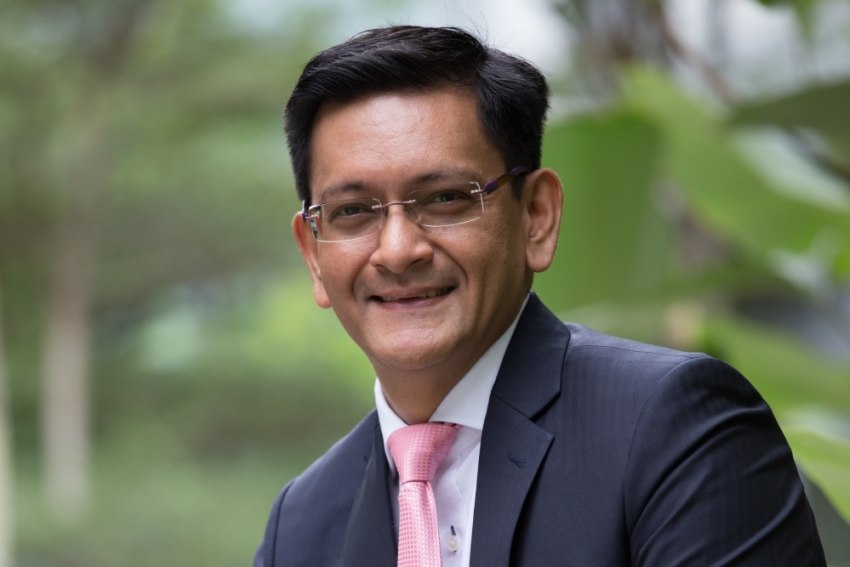Standards matter – but so does uniqueness
31/05/2019
On the one hand, they are expected to deliver their products and services consistently and to generally accepted industry standards, particularly for events that rotate on a regional or global basis and which therefore need to be sure their expectations will be met in a range of different locations. On the other, they need to be able to demonstrate features and qualities that reflect and support the kind of unique delegate experience that is an increasingly important part of today’s events.
How to manage this balance is a major consideration in the way in which AIPC structures its programming for members in more than 65 countries around the world – and it happens in three key ways;
First and foremost is a recognition that while centres operate in an almost infinite variety of conditions and circumstances, they all have many of the same issues to address. This means that the collective experience and expertise of more than 185 centres world-wide can be brought to bear on common concerns - but the key is to recognise the importance of adapting these to local conditions and traditions in order to ensure that the unique flavour of a destination is not overwhelmed by standardised solutions. By optimising the opportunities for members to compare and contrast their practices and experiences in a collegial environment, each can take what is most useful from the collective discussions and apply them to their own needs in ways that will still maintain their uniqueness.
Secondly, AIPC offers a wide range of adaptable tools and standards that do not so much prescribe what particular centres should do but rather how to approach specific challenges in order to deliver on client needs and expectations. These tools are developed in ongoing consultation with key client groups whose perspectives are incorporated into professional development activities such as conferences and workshops to make sure it is in fact the clients themselves who are clarifying where consistency is most important rather than trying to interpret this from other sources.
Third, AIPC’s most important forms of recognition – in particular the AIPC Apex Award for Best Client-rated Centre – are entirely based on evaluations by centre clients, including how well competing centres are managing the balance between operation standards and consistency and those often-elusive qualities that determine how well a convention facility and destination are able to deliver a distinctive and compelling local experience for delegates. This approach again emphasises the overarching importance of delivering to the satisfaction of customers rather than just to a set of general standards that may not pay sufficient attention the “wow factor” that so many organisers are seeking today in order to satisfy their delegates and attract attendance.
With so much traditional content delivered through other vehicles, today’s meetings and events are increasingly focused on the quality of the interactions and experiences delegates achieve rather than just the information that is conveyed. As a result, convention centres and destinations must work even harder to contribute to that experience. By managing a good balance between good standards where these are needed to ensure operational success and helping clients access what makes their destination unique, AIPC members are able to support the kind of products that ensure successful outcomes for everyone.
Aloysius Arlando, AIPC [International Association of Convention Centres] President


